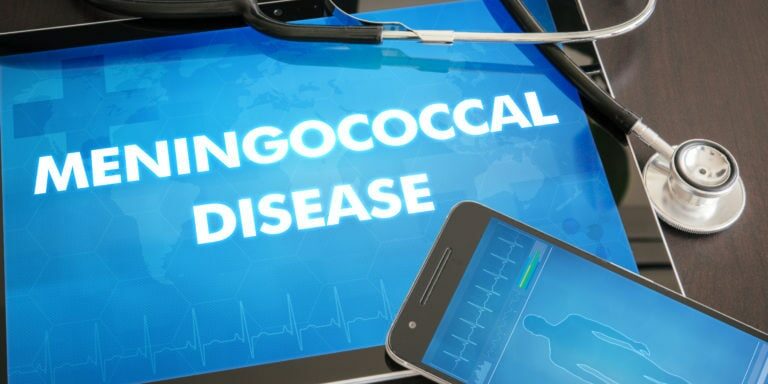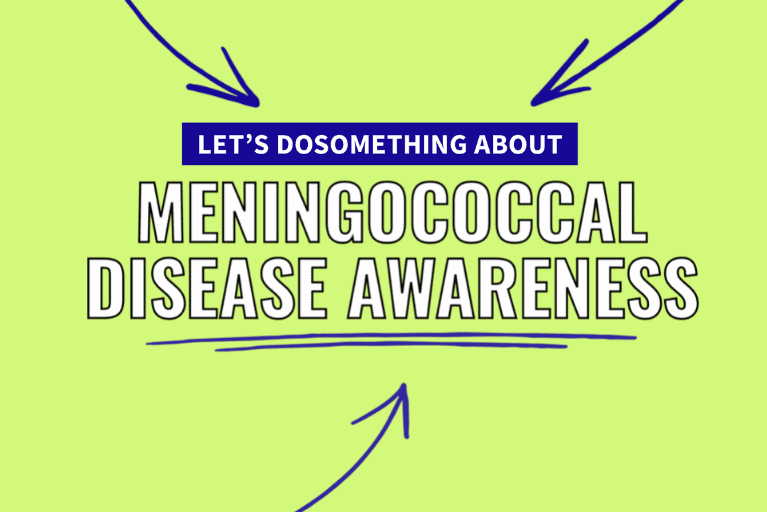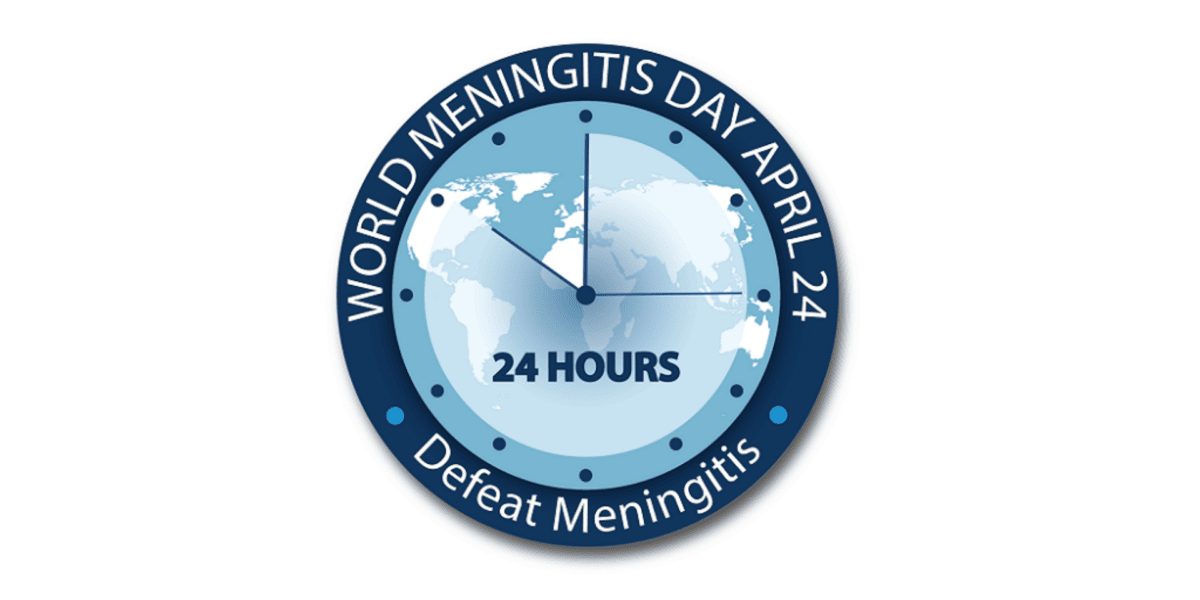
Special thanks to William Schaffner, MD, NFID Medical Director and Professor of Preventive Medicine and Infectious Diseases at Vanderbilt University School of Medicine, for this guest blog post on the recently published Advisory Committee on Immunization Practices (ACIP) meningococcal serogroup B immunization recommendation.
Parents usually rely on their child’s pediatrician to keep them up-to-date on vaccines. But the updated meningococcal vaccine recommendation recently issued by the Centers for Disease Control and Prevention (CDC) is different. The new recommendation paves the way for adolescents and young adults to get vaccinated against a rare, but deadly infection called serogroup B meningococcal disease–but it puts more responsibility on parents to seek and request the vaccine.
Meningococcal disease is a bacterial infection that causes meningitis (brain swelling) or sepsis (blood infection). Serogroup B is just one of several types of bacteria that cause the disease. Four other serogroups (A, C, W, and Y) are included in a vaccine routinely recommended for all children at age 11 to 12 years with a booster at age 16 years. Because it behaves somewhat differently, the B serogroup could not be included in the ACWY vaccine and it took longer for scientists to design a separate, effective vaccine.
While the ACWY vaccine recommendation and most others are for routine vaccination of all children based on age, the serogroup B vaccine recommendation allows for individual decision-making. Parents who want their children protected from serogroup B disease should have them vaccinated at 16 to 18 years of age, or up to age 23. This coincides with a period of increased risk for getting meningococcal disease.
I addressed the rationale for this permissive recommendation at length previously. Because this disease is rare, routine vaccination of every teen in this country would not be cost effective as a public health measure. However, because it is also very severe when it does strike, we want to make sure vaccination is available for any family that wants it for their children.
The permissive recommendation achieves three important goals: it tells all US healthcare professionals to be prepared to give the vaccine upon patient/parent request; it provides public funding for those who cannot afford the vaccine; and it facilitates coverage for the vaccine under the Affordable Care Act by private insurers.
Here are a few facts to help parents make this important decision:
- Meningococcal disease is rare in the US. Cases are at an all-time low in the US (fewer than 600 in recent years), but this disease has been cyclical in the past. Cases ebb and flow and no one can say if, or when, they may increase. The low number of cases could be due, at least in part, to high ACWY vaccination rates.
- Meningococcal disease is one of the most severe vaccine-preventable diseases. Even with rapid medical care, at least one in 10 young people with meningococcal disease will die in as little as 24 to 48 hours and two more will have severe and permanent complications such as brain damage, hearing loss, kidney failure, and limb amputations.
- Adolescents and young adults are at increased risk of getting meningococcal disease because of situations and behaviors common in this age group, such as gathering in large social groups, close physical contact, living in close quarters such as camps or college dormitories, kissing, and smoking or exposure to second-hand smoke.
What Parents Should Do
Educate yourselves and talk to your healthcare provider to decide if the serogroup B vaccine is right for your children. You can read more about meningococcal disease and serogroup B in particular at reputable medical sites, like CDC and the National Foundation for Infectious Diseases (NFID).
Make sure your children are up-to-date on all recommended vaccines. Eight in 10 adolescents get their first dose of the ACWY vaccine, but only three in 10 come back for the booster at age 16 years. Both doses are essential to protect them through the most vulnerable years. If your teen isn’t fully vaccinated, make an appointment today!
To join the conversation, follow NFID (@NFIDvaccines) on Twitter, like NFID on Facebook, join the NFID Linkedin Group, and subscribe to NFID Updates.
Related Posts

ID News of Interest: Bird Flu, Measles, and Meningococcal Disease
CDC issued health alerts on bird flu, measles, and meningococcal disease. Read the latest news including insights and explanations from infectious disease experts …

Debunking 5 Common Health Myths
Although the COVID-19 pandemic has clearly demonstrated the importance of public health, the prevalence of medical misinformation online is making it harder than ever for young people to tell the difference between fact and fiction when it comes to protecting their own health

5 Things You May Not Know About Meningitis
Each year, World Meningitis Day highlights the importance of prevention, diagnosis, treatment, and improving support for those dealing with the potentially devastating after-effects of this deadly disease
